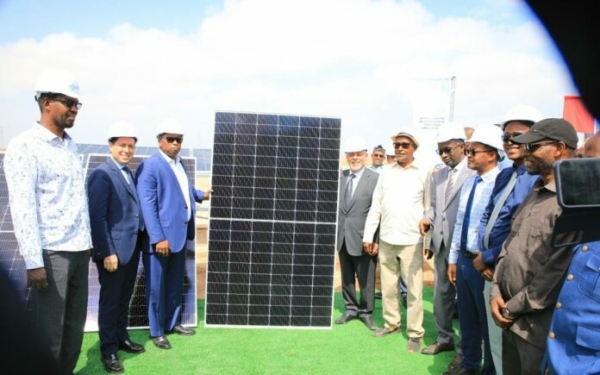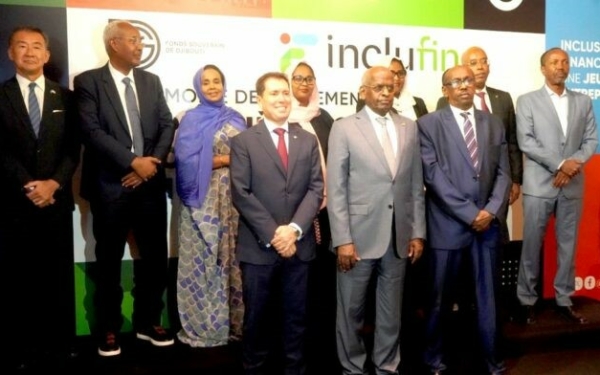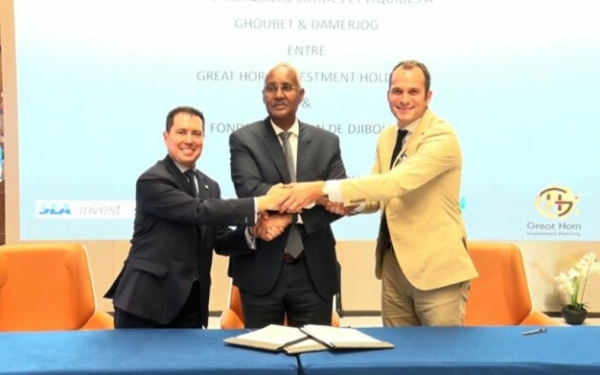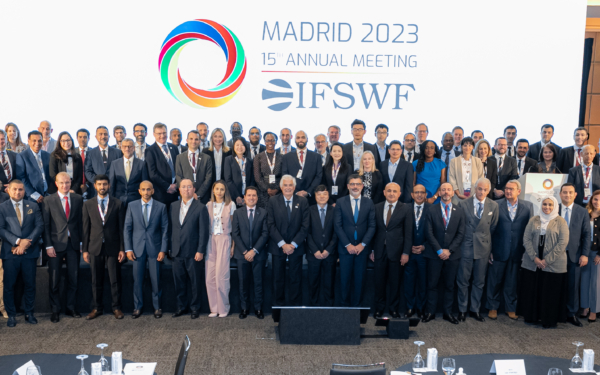Copyright © FSD. All rights reserved
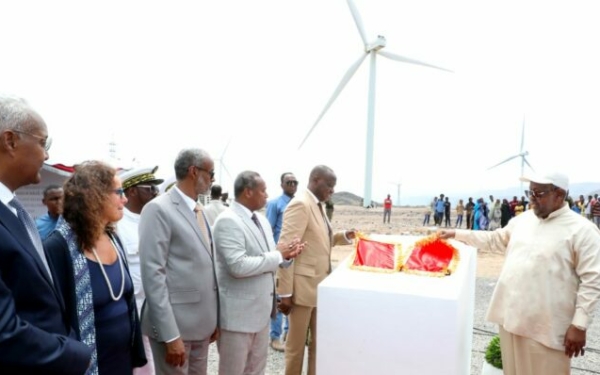
11/09/2023
THE EVENT: WITH THE INAUGURATION OF THE RED SEA POWER WIND FARM, DJIBOUTI ASPIRES TO BECOME THE FIRST AFRICAN COUNTRY ENTIRELY POWERED BY RENEWABLE ENERGY.
President Ismail Omar Guelleh officially inaugurated Djibouti’s very first wind farm. This ambitious project addresses the country’s severe energy shortage by increasing the overall capacity by 50% while accelerating the carbon neutrality goal. Djibouti aims to become the first African nation to rely entirely on renewable energy sources for electricity production. The country has sufficient wind, solar, and geothermal resources to eventually triple its capacity to at least 300 MW.
For President Ismail Omar Guelleh, ” this achievement is of paramount importance. It reflects our forward-looking vision and represents a significant and tangible step in our development. The construction of this wind farm, part of our energy transition, is a decisive milestone. We are convinced that without increasing our national energy production capacity, the development we envision for our country would neither be possible nor conceivable.”
The Red Sea Power (RSP) wind farm, located near Lake Goubet, will provide 60 megawatts of clean energy and avoid 252,500 tons of CO2 emissions annually. As the first significant international investment in Djibouti’s energy sector, this $122 million project establishes the country’s first Independent Power Producer (IPP) and sets a model for other private investments.
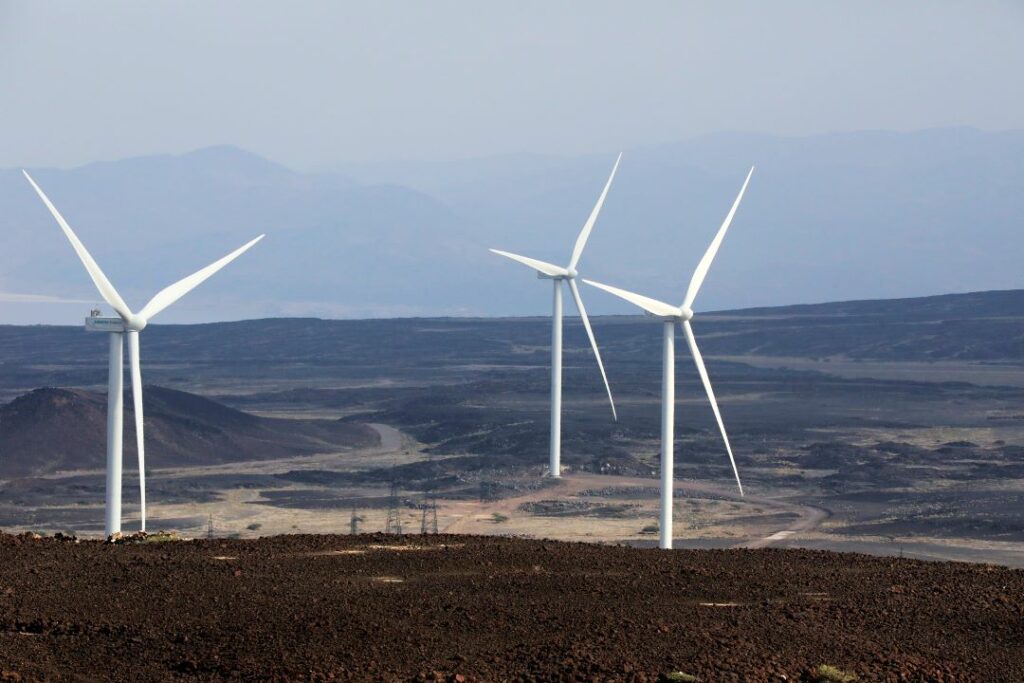
The consortium of investors behind RSP, including the Africa Finance Corporation (AFC) as the lead developer, the Dutch entrepreneurial development bank (FMO), the Climate Fund Managers (CFM) mixed financing fund manager, and Great Horn Investment Holding (GHIH), an investment company owned by the Djibouti Ports and Free Zones Authority and the Djibouti Sovereign Fund, already plan to producing an additional 45 MW of renewable energy. Djibouti has directly participated, through equity, in financing this large-scale project.
The wind turbines will provide electricity to 38% of the population currently without access to it. Red Sea Power (RSP) will also have an impact on industrialization, development, and job creation. This project aligns entirely with Djibouti’s ambition to leverage its strategic location and become an indispensable port, logistics, and service hub.
The electricity produced is to be sold through a long-term Power Purchase Agreement (PPA) to Électricité de Djibouti (EDD), the national electricity company. EDD’s payment obligations under the PPA have been supported by a government guarantee, and, in turn, the government’s obligations have also been backed by political risk coverage provided by the World Bank’s Multilateral Investment Guarantee Agency (MIGA).
Between the human and sustainable development, and financial structuring, the Red Sea Power project is undeniably part of the economy of the future.
-End-
